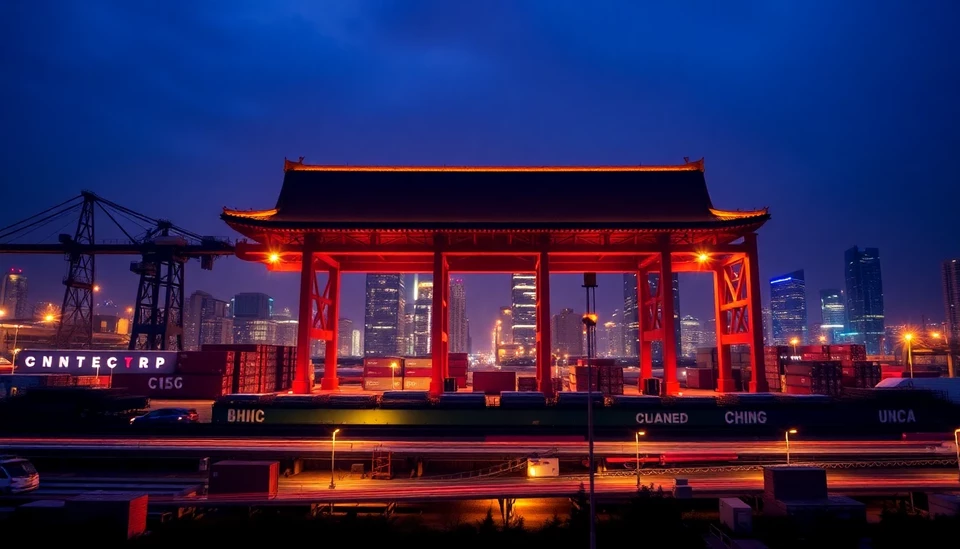
In a significant development regarding international trade relations, the European Union's business chamber has issued a strong recommendation for China to reform its industrial policies. This call to action reflects growing concerns among European businesses regarding the impact of China's current economic strategies on their market competitiveness.
The European Chamber of Commerce in China emphasized the urgent need for China to undergo a substantial rethink of its industrial approach. As China continues to invest heavily in technologies and sectors crucial to its economic advancement, EU businesses fear that they are facing a disadvantage due to what they perceive as state-sponsored favoritism and protectionism.
In its latest report, the Chamber highlighted that existing regulations and practices within China’s industrial policy pose significant barriers to market entry for foreign companies. This has led to a situation where European firms are increasingly deterred from expanding their operations in China, a market that was once considered a fundamental part of their growth strategies.
Furthermore, the European business body pointed out that China’s current focus on achieving self-sufficiency in key technological areas, especially in sectors such as semiconductors and electric vehicles, undermines the level playing field that businesses operating in the country sorely need. This strategy, while pivotal to China’s long-term economic goals, appears to limit opportunities for foreign firms, particularly those from the EU.
The Chamber's report calls for a more transparent and fair operating environment in China, urging the Chinese government to engage in reforms that promote competition while also adhering to international trade rules. The organization argues that such changes would not only benefit European companies but would also stimulate greater innovation and economic growth within China itself.
Amidst this backdrop, the tension surrounding global trade is palpable, with ongoing disputes between major economies further complicating the landscape. The EU and China have had their share of clashes over issues like subsidies, market access, and regulatory frameworks, all of which contribute to a fractious relationship that could have lasting implications on global trade dynamics.
The European Chamber's appeal comes at a critical time as businesses worldwide are navigating the repercussions of a shifting economic environment, influenced by geopolitical tensions and the push towards green technologies. The organization expressed hope that dialogue between the EU and China could lead to constructive changes that align with global standards and practices — an outcome that would be beneficial for both parties involved.
As the global community watches closely, it remains to be seen how China will respond to this ringing endorsement for reform from European businesses, and what implications these discussions will have on the future of international trade relations.
In conclusion, the call for a re-evaluation of China’s industrial policies by the EU Chamber signifies a crucial moment in the ongoing dialogue regarding trade and investment. It underscores the need for equitable conditions that can foster mutual growth and innovation in an increasingly interlinked global economy.
#China #EUBusiness #IndustrialPolicy #TradeRelations #GlobalEconomy
Author: Daniel Foster




